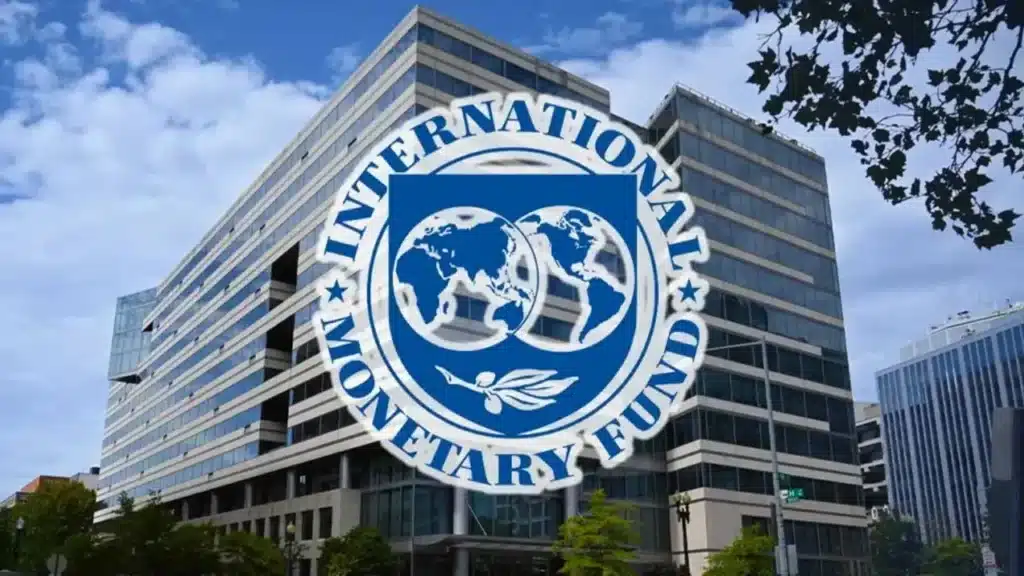The International Monetary Fund (IMF) has warned that rising geopolitical tensions, including trade disputes and conflicts, pose a significant threat to global financial stability by causing sharp corrections in stock markets.
In a chapter from its upcoming Global Financial Stability Report, the IMF said that major risk events—such as wars, diplomatic stand-offs, and acts of terrorism—can lead to sudden drops in stock prices and increase market volatility. This volatility, the Fund said, may undermine the broader stability of the financial system.
While the IMF did not cite specific developments, such as the recent tariff measures announced by former US President Donald Trump, it highlighted a noticeable increase in geopolitical risk indicators since 2022. These indicators include military conflicts, trade restrictions, terrorism, and defence spending.
The IMF’s analysis showed that such events have, on average, reduced global equity returns by one percentage point per month. The impact is even more severe for emerging markets, where monthly losses can reach around 2.5 percentage points. Military conflicts, like Russia’s invasion of Ukraine in 2022, were identified as the most destabilising, cutting average monthly stock returns by about five percentage points—double the impact of other types of geopolitical shocks.
In a related blog post, the IMF urged banks and other financial institutions to maintain strong capital and liquidity buffers to manage potential losses from geopolitical disruptions. It also recommended regular stress testing and risk analysis to better prepare for such shocks.
The report further noted that economic uncertainty linked to geopolitical events increases the likelihood of extreme market outcomes—so-called “tail risks”—which heighten the risk of market crashes. It added that geopolitical tensions can also increase sovereign risk premiums, making it costlier for countries to borrow. These effects could spread through global trade and financial networks, amplifying the impact beyond the countries directly involved.
The Fund also examined past US-China tariff measures between 2018 and 2024, noting that significant announcements from both sides led to declines in equity markets in both countries.
The full Global Financial Stability Report will be released during the IMF and World Bank spring meetings in the week of April 21.
Meanwhile, financial markets have already shown signs of instability. Last week saw the sharpest market swings on Wall Street since the COVID-19 pandemic in 2020. The S&P 500 index has fallen more than 10 per cent since Trump returned to office in January, while gold prices have surged to record highs. In the US, consumer concerns about inflation have reached their highest level since 1981, and financial institutions are increasingly warning of a possible recession.
Read next: Pakistan’s March remittances likely to hit $4.1 billion






